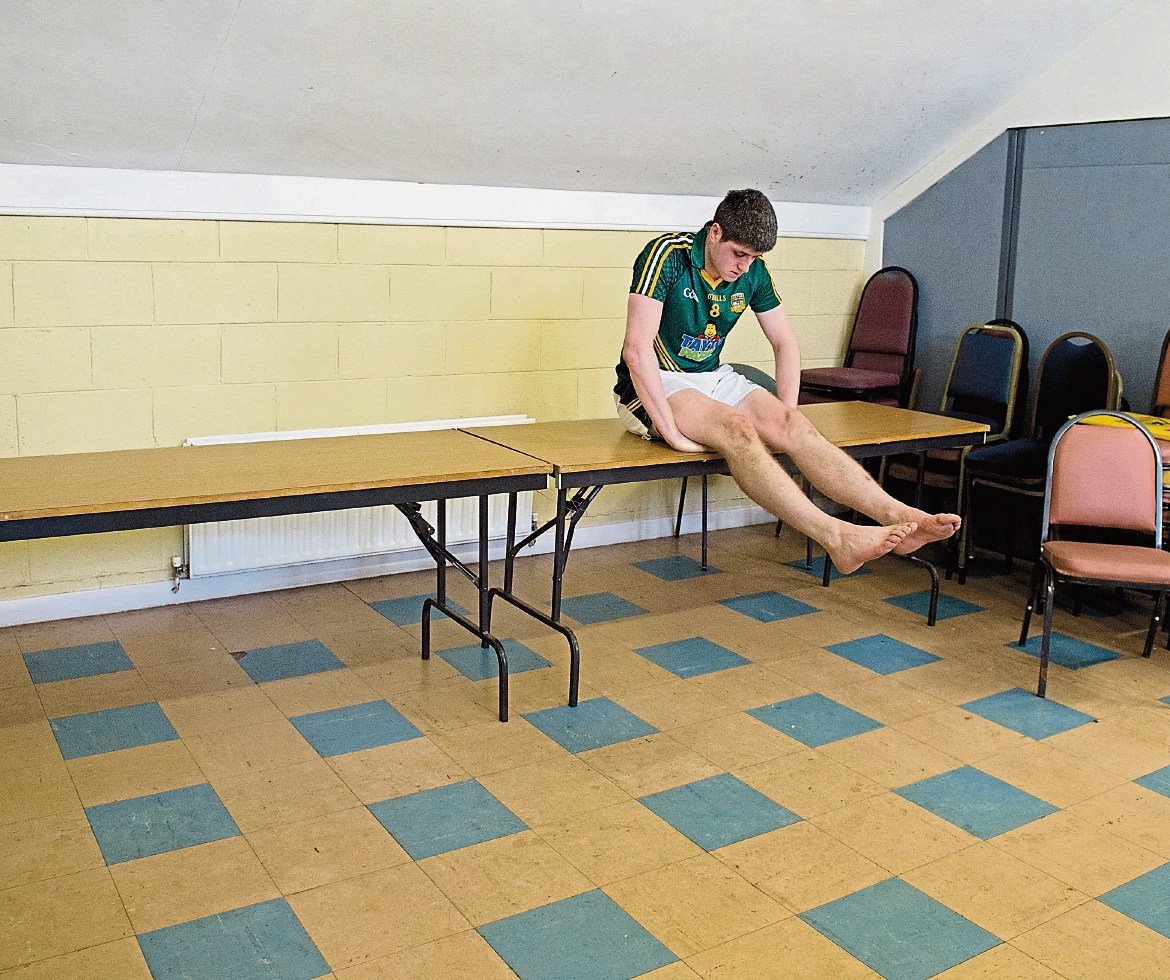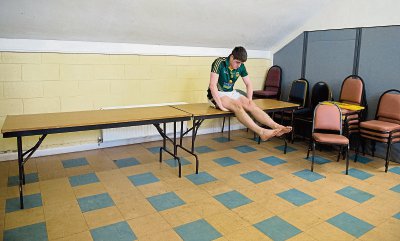A magnetic resonance imaging (MRI) scan is a gold standard examination when assessing sports injuries.
However, they are not usually required for straight forward sports injuries.
A clinical examination is sufficient to find a diagnosis and predict a recovery time.
There are instances when further examination in the form of an MRI scan is required.
They are indicated when a player’s symptoms are not improving with treatment, or if a serious injury is suspected.
We will discuss common sports injuries that require an MRI scan, and common questions that players ask.
What is the difference between an MRI scan and an X-ray?
An X-ray will only show an outline of the bone and are useful for ruling out obvious fractures.
A scan on the other hand will show up all structures, including:
– Bone
– Muscles
– Tendons
– Cartilage
– Spinal discs
Types of sports injuries that need a scan
Suspected fractures
Even though an X-ray may have shown no signs of a fracture, small or stress fractures can be missed 50 per cent of the time. An MRI scan will be able to penetrate the bone better and pick up missed fractures onX-ray.
Knee cruciate ligament tear
When knee cruciate ligaments tear, they do not repair themselves.
A scan will be required to confirm these types of ligament injuries.
Surgery will be planned to repair the damage, and 9-12 months of recovery to get back playing again.
Cartilage injuries
All joints have a thin layer of cartilage covering the bone, known as the articular cartilage.
Small pieces of cartilage can break off and move around the joint freely, causing symptoms of pain and joint locking.
Some joints have thicker, more shock absorbing cartilage such as the meniscus in knees, and the labrum in shoulders and hips.
The outer portions of these structures have a blood supply and are known as the ‘red zone’.
For this reason, these injuries usually heal on their own.
However, the inner portions of the meniscus or labrum, known as the ‘white zone’, do not have a blood supply and therefore, do not have the potential to heal.
A scan will diagnose the location of these injuries and dictate if keyhole surgery is required to repair the damage.
Injuries that do not get better.
When a player starts a period of treatment and rehabilitation for their injury, you would expect there to be a gradual improvement over time.
However, when players do not respond to treatment, a scan is required to check the diagnosis and find out if there is something else going on that the clinical examination does not pick up on.
Be aware of red herrings
We always tell players before they get a scan that the results may show up several injured structures.
This does not necessarily mean that those damaged structures are causing the problem.
For example, if you look at the table below, it shows lower back issues on MRI scans of people with no back pain.
Scan findings
Table: Normal age related lower back abnormalities in people with no lower back symptoms
Disc degeneration: Aged 20: 37%; Aged 30: 52%; Aged 40: 68%
Disc bulge Aged 20: 30%; Aged 30: 40%; Aged 40: 50%
We call these normal age related changes.
Another example is the table below of knee MRI scan results of people with no knee symptoms.
Scan findings Abnormalities
Table: Knee abnormalities on MRI scan of people with no knee symptoms
Meniscal injury 48%
Articular cartilage defect 62%
Tendons 46%
Ligaments 38%
We would use a combination of the scan results and the clinical examination to work out what the true cause of symptoms are.
How do I get a scan?
A scan can be arranged via your General Practitioner for a referral to Orthopaedics, who will assess you and decide if a scan is needed.
You can also get an MRI scan privately, with a referral from a health care professional.
Are you frustrated with injury?
Jonny Kelly is a chartered Sports Physiotherapist and owns Physio Performance in Belfast.
He has helped get world-class athletes back on the pitch and performing at their best.
Contact us for a complimentary Sports Injury Consultation at
Receive quality journalism wherever you are, on any device. Keep up to date from the comfort of your own home with a digital subscription.
Any time | Any place | Anywhere













